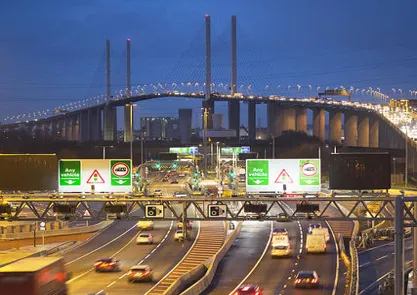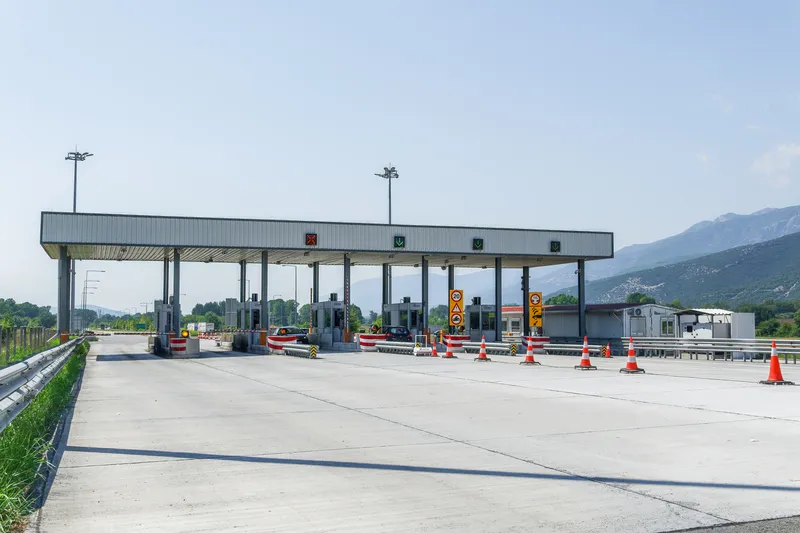
The Edison Electric Institute (EEI) has formed a coalition to provide electric vehicle (EV) fast charging ports along US travel corridors by the end of 2023.
The National Electric Highway Coalition merges a collaboration between the Electric Highway Coalition and the Midwest Electric Vehicle Charging Infrastructure Collaboration. It also comprises members of the Alliance for Transportation Electrification like Alliant Energy and Duke Energy as well as the Alliance for Automotive Innovation.
EEI president Tom Kuhn says: “With the formation of the National Electric Highway Coalition, we are committed to investing in and providing the charging infrastructure necessary to facilitate electric vehicle growth and to helping alleviate any remaining customer range anxiety.”
EEI says its member companies have invested more than $3 billion customer programmes and projects to deploy EV charging infrastructure and to accelerate electric transportation.
The institute estimates that as EV sales continue to grow, more than 100,000 fast charging ports will be needed to support the projected 22 million vehicles that will be on US roads in 2030.
Philip B. Jones, Alliance for Transportation Electrification executive director, says EV owners want to charge quickly without a fear of running out of electric fuel while emphasising that the EV industry needs to accelerate the deployment of charging infrastructure now.
“With scores of new battery-electric vehicles coming to market over the next couple of years, we need to get the charging infrastructure sited, built, and funded,” he continues.
“The federal infrastructure funding will help a great deal in this effort, but this is only a down payment of a much larger effort. Electric companies, which are regulated by state commissions, can help leverage all funding sources, help fill the infrastructure gaps, and help manage the deployment of these chargers with a long-term view.”
John Bozzella, Alliance for Automotive Innovation CEO, says the automotive industry is committed to vehicle electrification and will invest more than $300bn in the technology by 2025 and a “record number” of EV models are expected to be available in this time frame.
“This, however, is only one piece of the puzzle. Addressing issues such as grid resiliency, energy demands for charging, and equitable rollout of charging infrastructure will be an integral part of a successful future for EVs in America. The National Electric Highway Coalition will support the EV transition by facilitating electric power industry engagement in transportation electrification across the country,” Bozzella adds.
According to EEI, member companies are collectively on track to electrify more than one third of all fleet vehicles by 2030.








